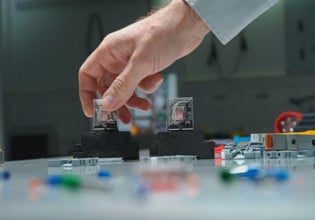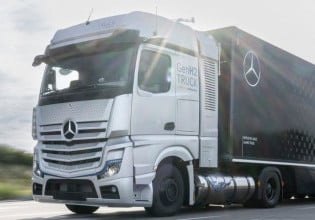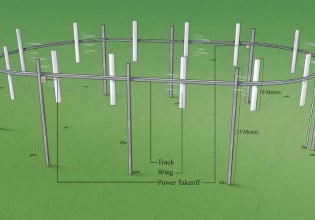TreadStone Introduces "LiteCell" Fuel Cell Technology
TreadStone Technologies announced the availability of its LiteCell Technology, described by the company as an innovative design for lighter weight, high performance, low cost fuel cells. LiteCell is claimed to enable fuel cell manufacturers to use low cost metal fuel cell stacks that are 40-50% lighter than existing market available stacks, as well as to significantly improve performance while using corrosion-resistant commercially available metals.
"With the availability of lighter weight, higher performance, low cost fuel cell stacks, TreadStone has addressed one of the most important challenges facing fuel cell manufactures," said Gerry DeCuollo, President and CEO of TreadStone Technologies. "LiteCell Technology exceeds US Department of Energy targets for automotive markets. In addition, LiteCell technology is deployable in portable and stationary markets, substantially lowering manufacturing cost of the stack, increasing durability and energy density."
To further support commercialization of TreadStone’s LiteCell technology, TreadStone was awarded $500,000 award through the Edison Innovation R&D Fund and the New Jersey Commission on Science and Technology (NJCST).
TreadStone’s LiteCell Technology for fuel cell stacks is based on a patented design for metal corrosion protection. This technique enables the use of low cost metals and inexpensive fabrication processes to make bipolar plates that are said to meet the life, cost, performance and weight/volume DOE targets require to commercialize fuel cells for automobile power. Fuel cell stacks employing the TreadStone’s LiteCell Technology are said to be 40- 50% lighter than the current heavy graphite fuel stacks used that suffer from poor thermal management. Because of LiteCell’s anti-corrosion protection, the fuel cell stack maintains its high level of performance and low-contact resistance. According to the company, this innovative approach enables the fuel cell system integrator to use metal separator plates made from low cost, commercially available metal substrates and low cost processing techniques.






